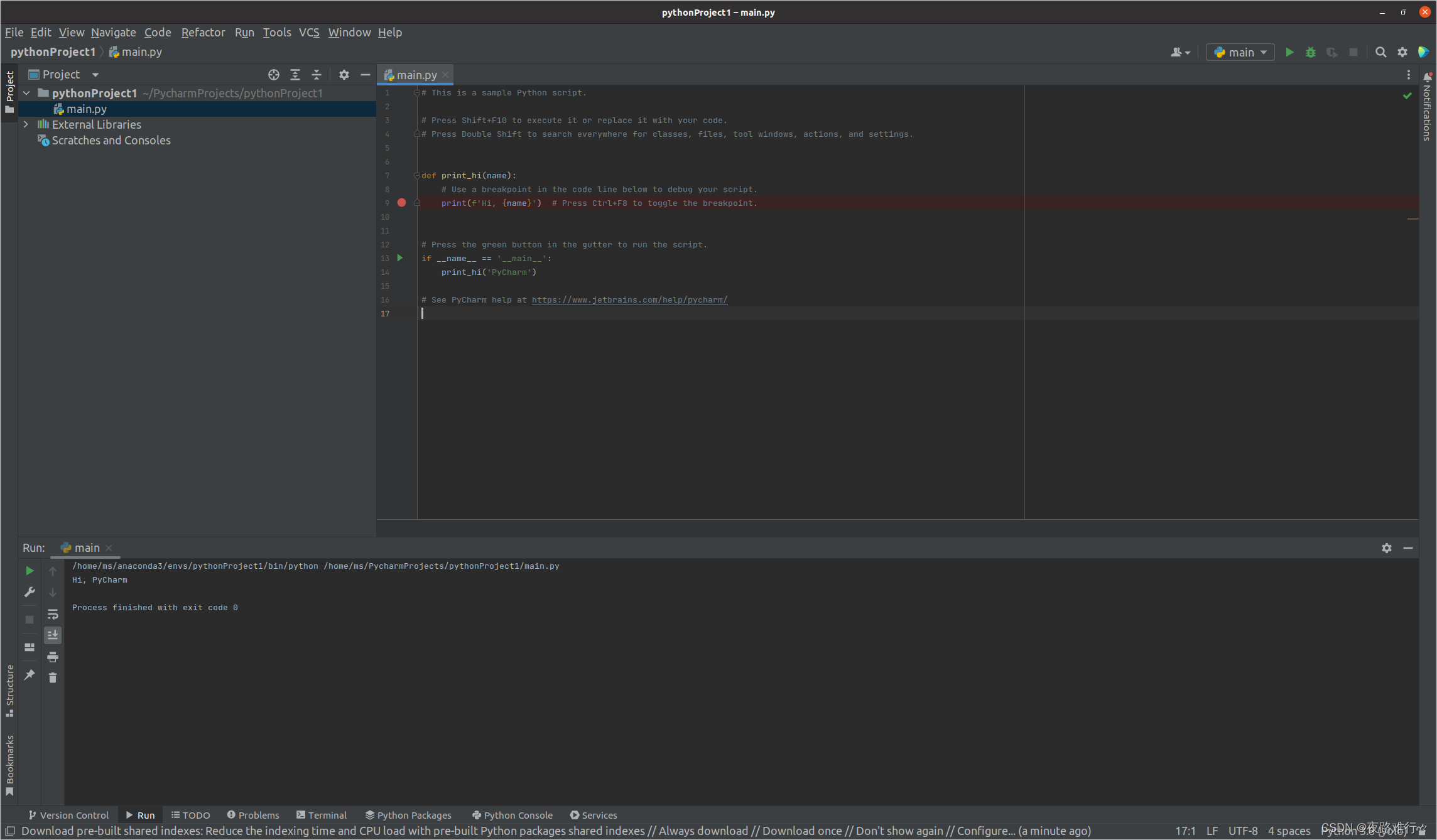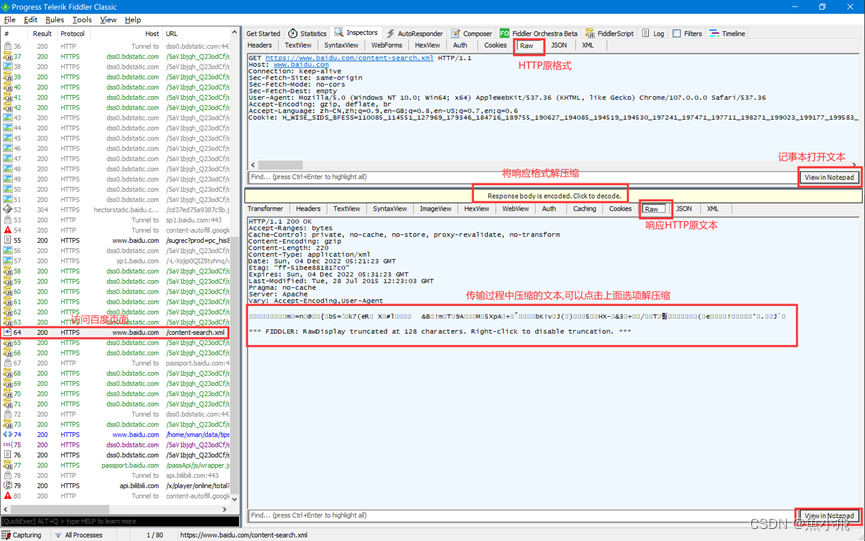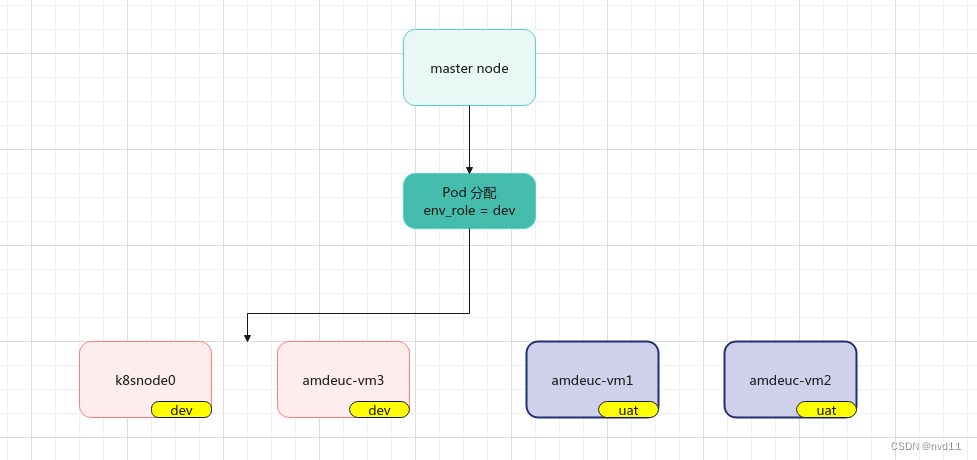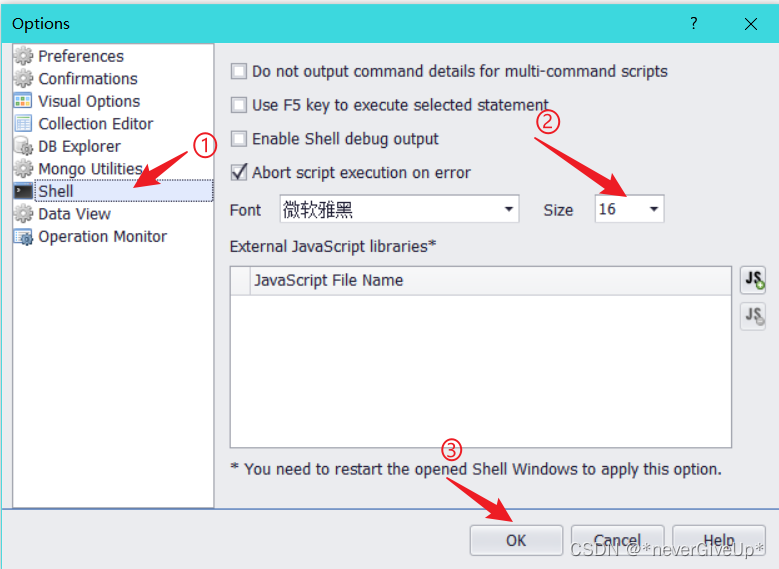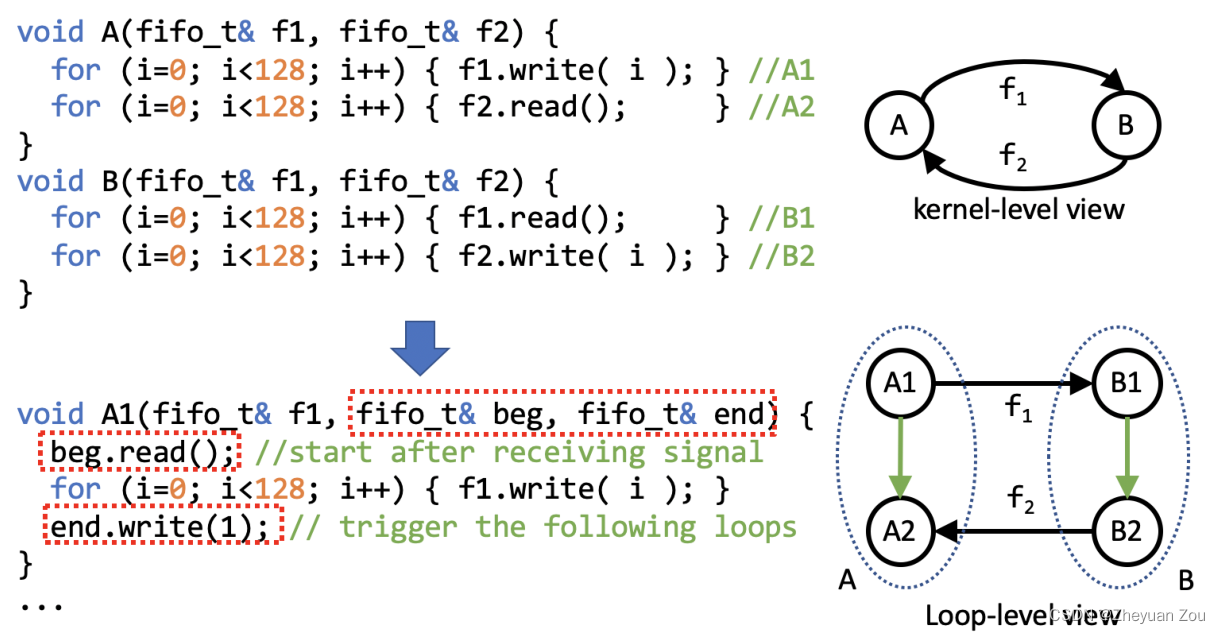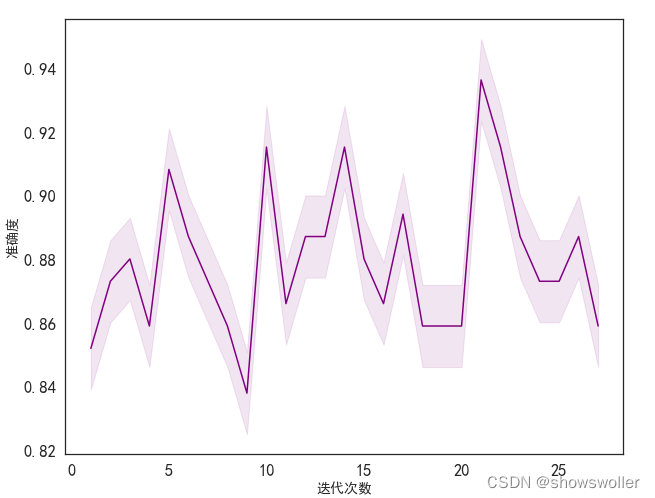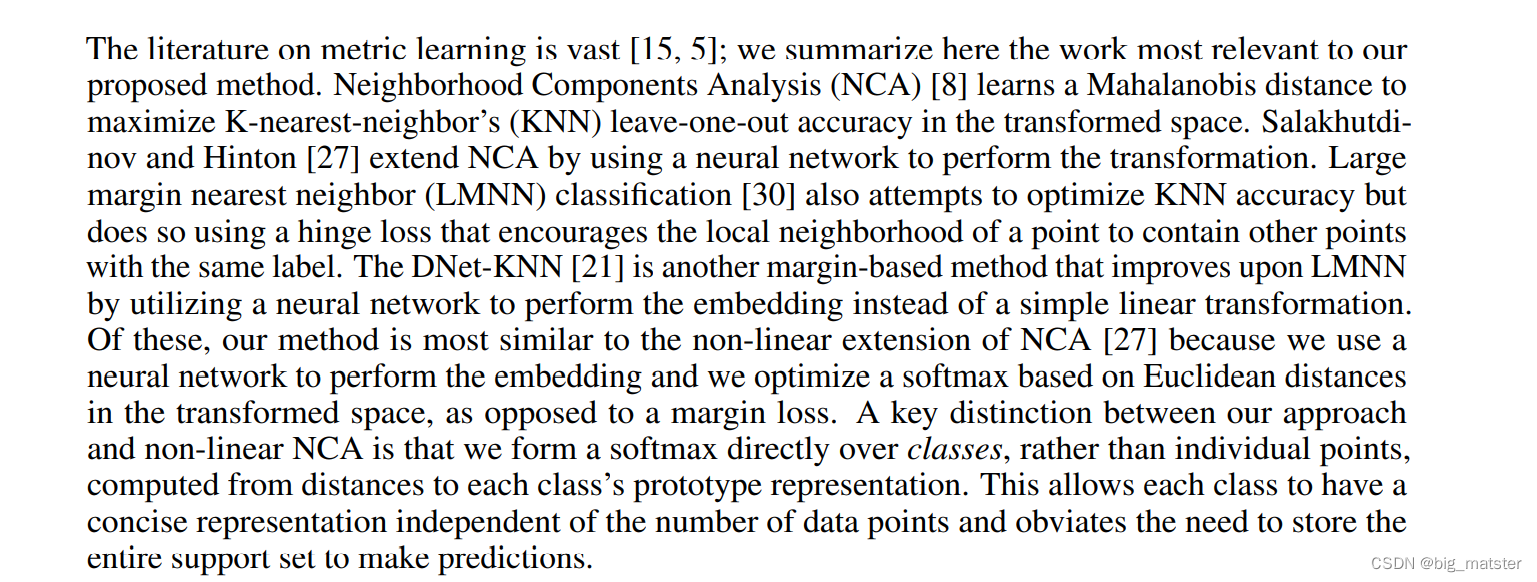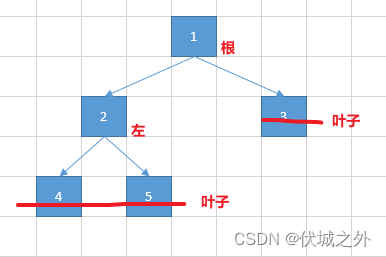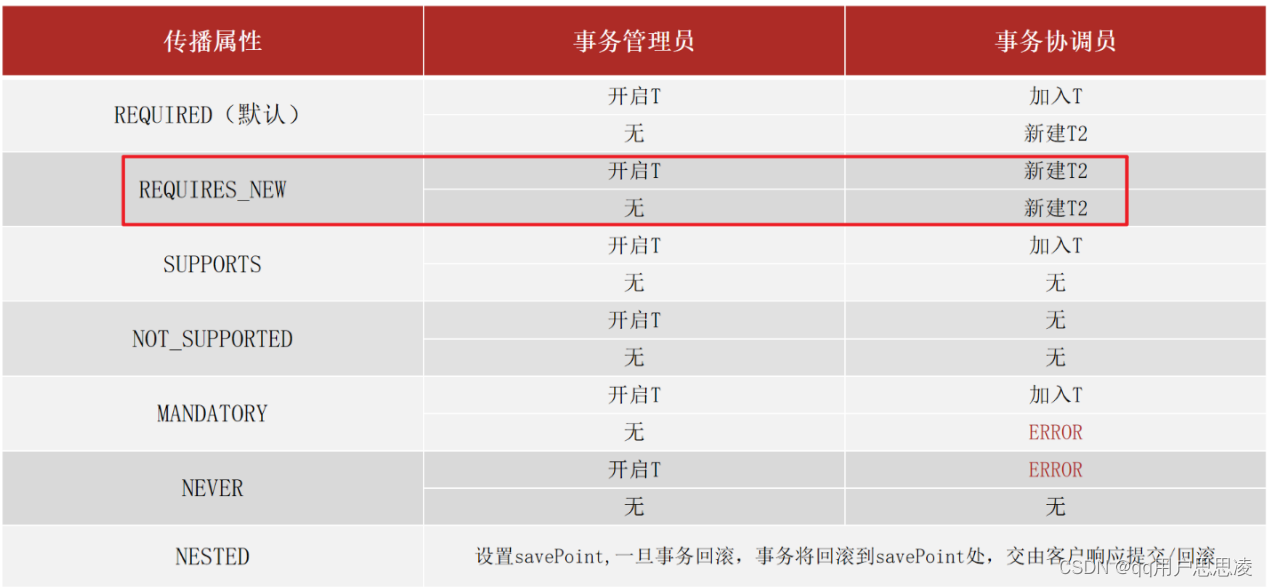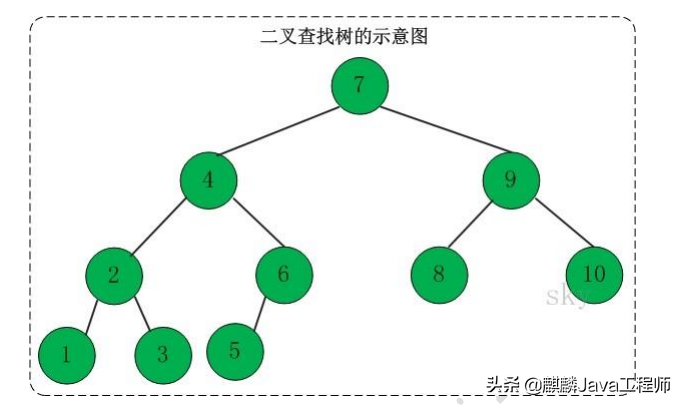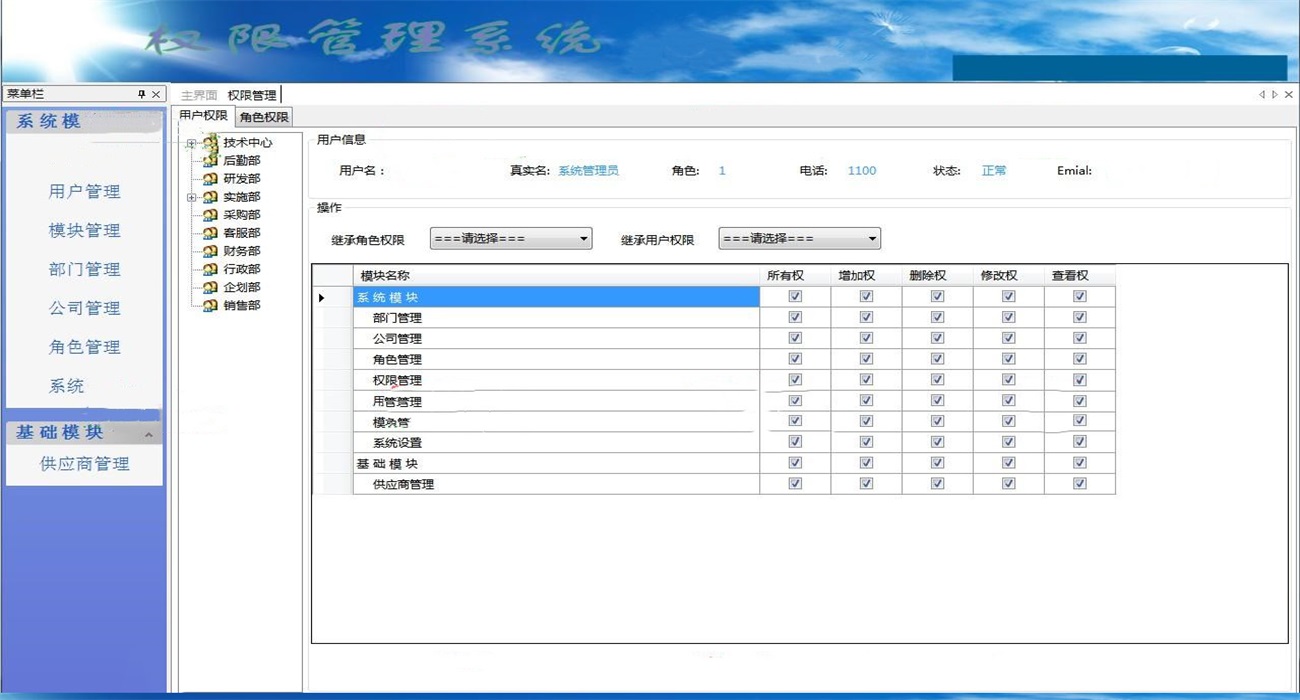目录
1. 背景
1.1 智能家庭管理项目
1.2 中介者模式概述
2. 中介者模式
2.1 中介者模式解决上述问题
1. 背景
1.1 智能家庭管理项目
智能家庭项目:
- 智能家庭包括各种设备,闹钟、咖啡机、电视机、窗帘 等。
- 主人要看电视时,各个设备可以协同工作,自动完成看电视的准备工作,比如流程为:闹铃响起->咖啡机开始做咖啡->窗帘自动落下->电视机开始播放。
这个可以用之前外观模式来解决,但外观模式有个缺点流程是固定的,一个流程就对应一个类。
可以用到中介者模式。
1.2 中介者模式概述
- 中介者模式(Mediator Pattern),用一个中介对象来封装一系列的对象交互。中介者使各个对象不需要显式地相互引用,从而使其耦合松散,而且可以独立地改变它们之间的交互。
- 比如MVC模式,C(Controller控制器)是M(Model模型)和V(View视图)的中 介者,在前后端交互时起到了中间人的作用。
- 中介者模式核心是避免子系统间互相调用,可以达到解耦。
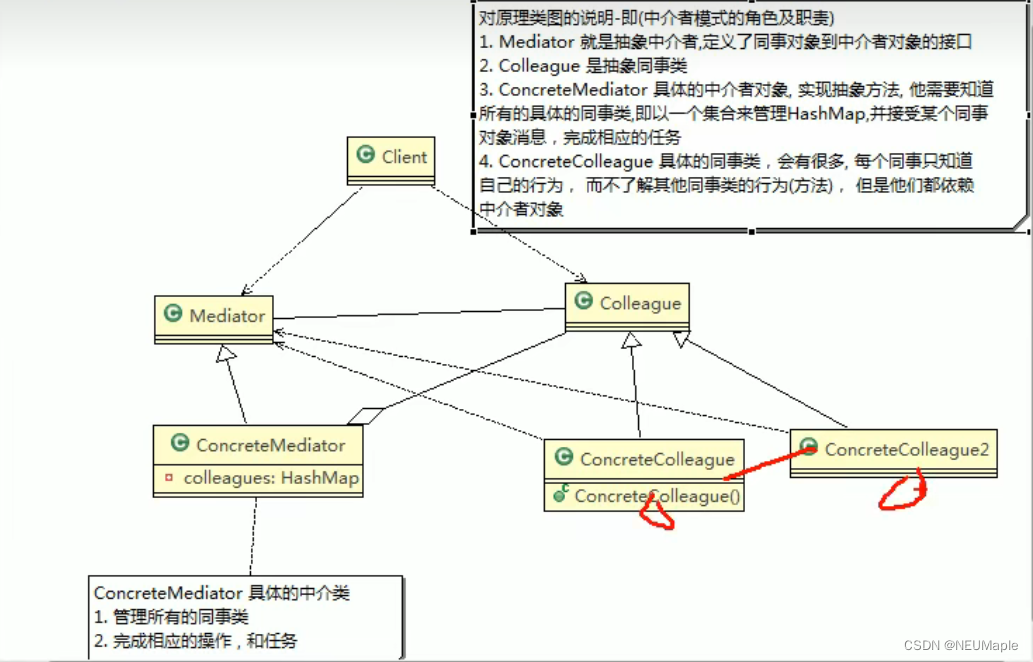
对原理类图的说明-即(中介者模式的角色及职麦)
- Mediator就是抽象中介者,定义了同事对象到中介者对象的接口2.Colleague是抽象同事类。
- ConcreteMediator具体的中介者对象,实现抽象方法,他需要知道所有的具体的同事类即以一个集合来管理HashMap,并接受某个同事对象消息,完成相应的任务。
- ConcreteColleague具体的同事类,会有很多,每个同事只知道自己的行为,而不了解其他同事类的行为(方法),但是他们都依赖中介者对象。
2. 中介者模式
2.1 中介者模式解决上述问题
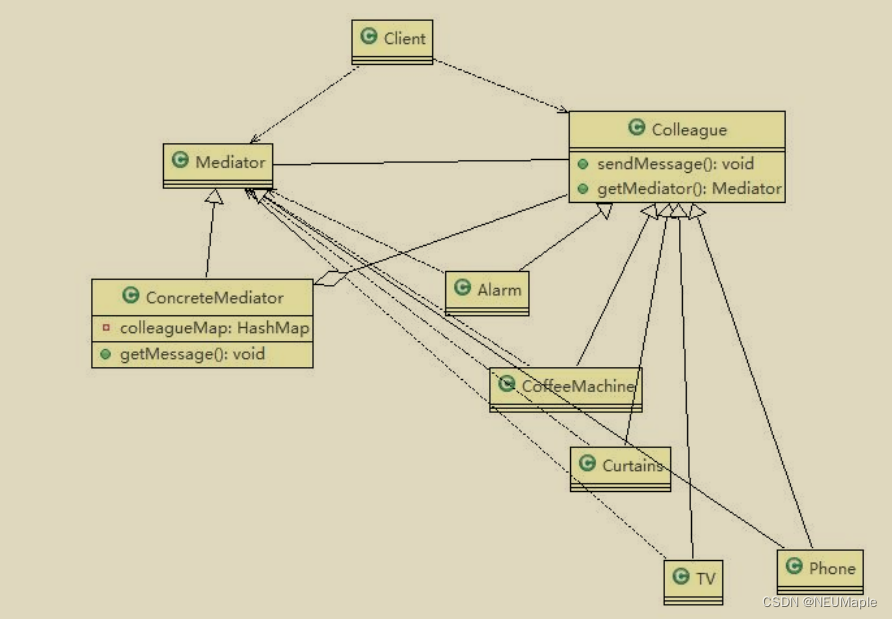
中介者
public abstract class Mediator {
//将给中介者对象,加入到集合中
public abstract void Register(String colleagueName, Colleague colleague);
//接收消息, 具体的同事对象发出
public abstract void GetMessage(int stateChange, String colleagueName);
public abstract void SendMessage();
}
//具体的中介者类
public class ConcreteMediator extends Mediator {
//集合,放入所有的同事对象
private HashMap<String, Colleague> colleagueMap;
private HashMap<String, String> interMap;
public ConcreteMediator() {
colleagueMap = new HashMap<String, Colleague>();
interMap = new HashMap<String, String>();
}
@Override
public void Register(String colleagueName, Colleague colleague) {
colleagueMap.put(colleagueName, colleague);
if (colleague instanceof Alarm) {
interMap.put("Alarm", colleagueName);
} else if (colleague instanceof CoffeeMachine) {
interMap.put("CoffeeMachine", colleagueName);
} else if (colleague instanceof TV) {
interMap.put("TV", colleagueName);
} else if (colleague instanceof Curtains) {
interMap.put("Curtains", colleagueName);
}
}
//具体中介者的核心方法
//1. 根据得到消息,完成对应任务
//2. 中介者在这个方法,协调各个具体的同事对象,完成任务
@Override
public void GetMessage(int stateChange, String colleagueName) {
//处理闹钟发出的消息
if (colleagueMap.get(colleagueName) instanceof Alarm) {
if (stateChange == 0) {
((CoffeeMachine) (colleagueMap.get(interMap
.get("CoffeeMachine")))).StartCoffee();
((TV) (colleagueMap.get(interMap.get("TV")))).StartTv();
} else if (stateChange == 1) {
((TV) (colleagueMap.get(interMap.get("TV")))).StopTv();
}
} else if (colleagueMap.get(colleagueName) instanceof CoffeeMachine) {
((Curtains) (colleagueMap.get(interMap.get("Curtains"))))
.UpCurtains();
} else if (colleagueMap.get(colleagueName) instanceof TV) {//如果TV发现消息
} else if (colleagueMap.get(colleagueName) instanceof Curtains) {
//如果是以窗帘发出的消息,这里处理...
}
}
@Override
public void SendMessage() {
}
}
同事类
//同事抽象类
public abstract class Colleague {
private Mediator mediator;
public String name;
public Colleague(Mediator mediator, String name) {
this.mediator = mediator;
this.name = name;
}
public Mediator GetMediator() {
return this.mediator;
}
public abstract void SendMessage(int stateChange);
}
//具体的同事类
public class Alarm extends Colleague {
//构造器
public Alarm(Mediator mediator, String name) {
super(mediator, name);
//在创建Alarm 同事对象时,将自己放入到ConcreteMediator 对象中[集合]
mediator.Register(name, this);
}
public void SendAlarm(int stateChange) {
SendMessage(stateChange);
}
@Override
public void SendMessage(int stateChange) {
//调用的中介者对象的getMessage
this.GetMediator().GetMessage(stateChange, this.name);
}
}
public class CoffeeMachine extends Colleague {
public CoffeeMachine(Mediator mediator, String name) {
super(mediator, name);
mediator.Register(name, this);
}
@Override
public void SendMessage(int stateChange) {
this.GetMediator().GetMessage(stateChange, this.name);
}
public void StartCoffee() {
System.out.println("It's time to startcoffee!");
}
public void FinishCoffee() {
System.out.println("After 5 minutes!");
System.out.println("Coffee is ok!");
SendMessage(0);
}
}
......其他类似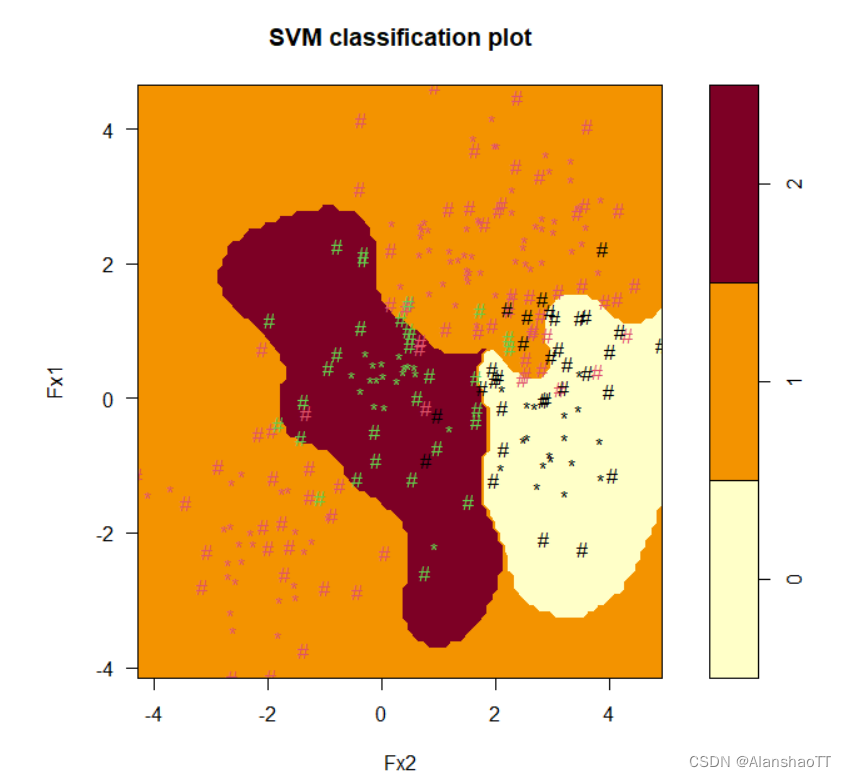
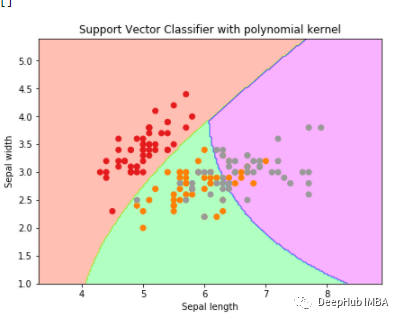
![[附源码]JAVA毕业设计律师事务所网站(系统+LW)](https://img-blog.csdnimg.cn/8403344456ae4ffbbe538c1716c6c7dd.png)
